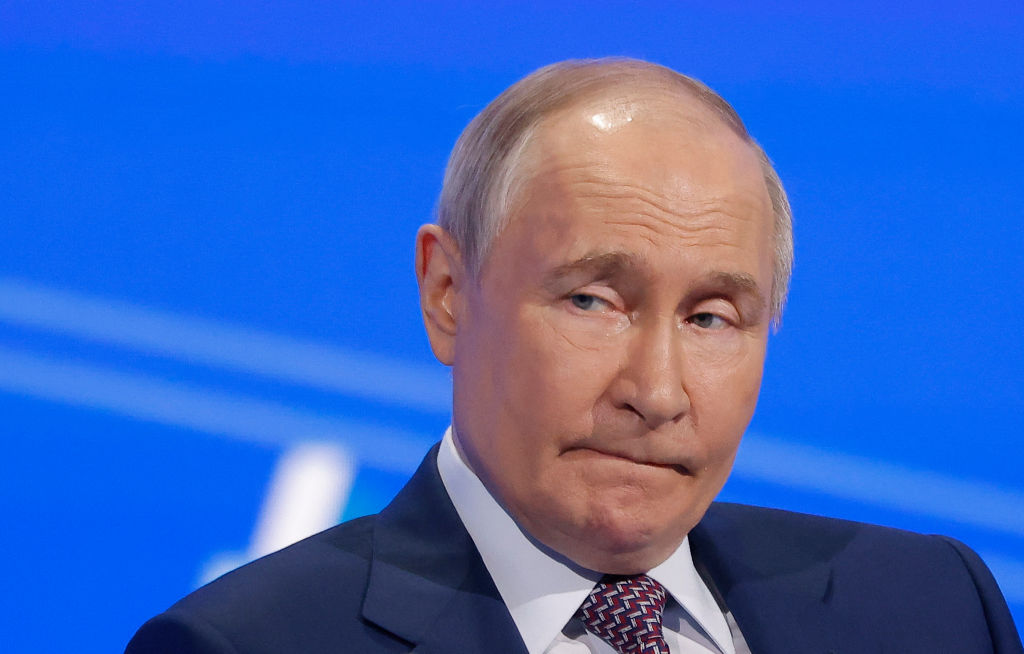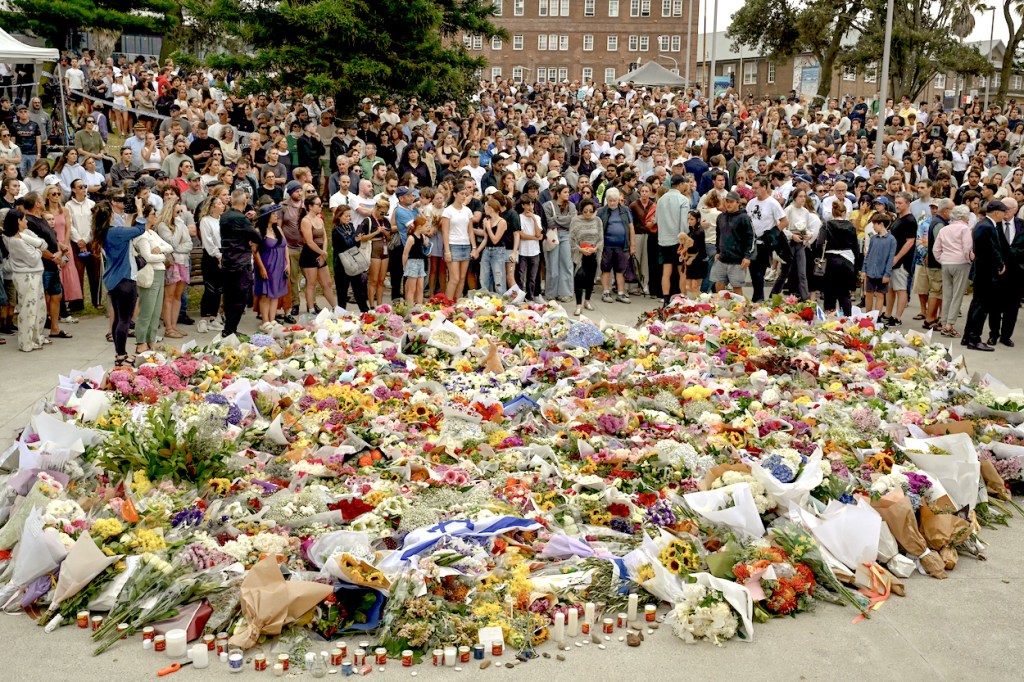The US and Britain are busy with their plans to stop the war in Ukraine. President Trump is pressuring Kyiv to freeze the war, keeping the Russian-occupied regions of Ukraine under Moscow’s control. In Trump’s vision, Ukraine will neither join Nato nor receive US security guarantees and will have to rely on economic cooperation with Washington as its main source of protection. At the London summit of European leaders, the British PM Sir Keir Starmer unveiled a different peace proposal, which also implies continued Russian control over occupied areas. In exchange, Ukraine is promised military support and security guarantees.
Both plans are doomed to fail. The issues policymakers in Washington, London and Brussels are focusing on – Nato, territory, and peacekeeping troops – are not the main causes of the war and so cannot be the keys to peace. Russia’s efforts to control Ukraine are driven neither by territorial ambition nor by security concerns but by ideology. The focus of the peace plans should therefore switch to what matters.
Russia’s invasion of Ukraine is, above all, an identity war. In Putin’s worldview, ‘Russians and Ukrainians [are] one people – a single whole,’ and Ukraine is ‘Little Russia.’ Kyiv, Putin believes, is ‘the mother of all Russian cities’, the cradle of Russia’s history. This worldview treats the Ukrainian language as a dialect of Russian and Ukraine itself as an artificial entity, a product of western conspiracies to harm Russia.
Such views are not confined to the Kremlin. They are long-established among Russians and are a part of Russia’s school curriculum. These beliefs also fuel deadly violence. In the Russian-occupied regions of Ukraine, eradicating Ukrainian identity is the Kremlin’s top priority. Ukrainian books are labelled extremist and destroyed; Ukrainian monuments are blown up; schools are forced to adopt the Russian curriculum with all its anti-Ukrainian prejudice. Such policies serve no military purpose, their sole aim is destroying Ukrainian identity and replacing it with a Russian one.
Existing peace plans do nothing to address this reality and so make durable peace impossible. Russia, after all, traces its history to Kyiv, not Donbas and will not be satisfied with the areas it currently occupies. The Kremlin will wait, regroup and strike again. Even security guarantees cannot stop Russia from trying to subjugate Ukraine through electoral interference, disinformation campaigns, fomenting civil war or deploying its ‘little green men’ – its masked and unmarked soldiers who were deployed in Ukraine before the war.
Peace is possible only when Russia fully accepts Ukraine as an independent, separate nation. Can this be fixed though? Changing nationalist beliefs is hard, but not impossible. Few Germans still claim Königsberg, now Russian Kaliningrad. Mexicans no longer dream of getting back California and Pakistan accepted the loss of Bangladesh.
Often attitudes are changed by military defeats, but defeating Russia is not the only way to achieve this goal. Russian identity, like that of other states, is a result of deliberate state policies – government propaganda, education, state funding for cultural production and elite rhetoric. Russians have been taught, over the years, that Ukraine is and should be Russian. But if the Kremlin changes, public opinion could follow.
For generations, Russians viewed Galicia – a region that is now western Ukraine – as a primordial Russian land and Galicians Ukrainians were perceived as ‘Russians’ and ‘blood-brothers.’ But during and after the second world war, western Ukraine experienced a brutal anti-Soviet guerilla war that claimed more than 100,000 lives, and in which both sides committed horrible atrocities. After crushing the rebellion, the Kremlin decided that Galicians are not, after all, Russian ‘blood-brothers.’ The rhetoric and perceptions shifted and now few Russians – not even the most extreme nationalists – desire to lord over the region.
The shift in identity beliefs can also happen without violence and does not even require democratisation. Soviet history demonstrates that changes in official rhetoric and a school curriculum can shift widespread nationalist sentiments even under autocracy. The only thing needed is the Kremlin’s political will.
To give peace a chance, western leaders should adopt a two-pronged approach. First, they ought to make Putin accept that Ukraine is a real, independent state. Russia should be forced to deal with Ukraine as an interlocutor in any future diplomatic efforts and not be allowed to secure a deal with the West behind Ukraine’s back. The West should also promote a shift in Russia’s beliefs. For instance, the lifting of sanctions or any normalisation of relations should be tied to the end of Kremlin’s eliminationist anti-Ukrainian propaganda in state media, official proclamations and textbooks.
Second, we should reject Russia’s attempts to impose its ideology on Ukraine as part of a ceasefire or peace agreement. Ukraine should not be strongarmed to accept Putin’s demands to make Russian a state language. It also should not be forced to undergo ‘de-Nazification‘—Putin’s cynical catchword for forcing Ukrainians to renounce their identity and culture. Ukrainians should be free to hold and express different views of their history and to use any language they choose in their private lives.
Ultimately, resolving the war between Russia and Ukraine hinges on the Russians’ willingness to accept that they and Ukrainians are not and will not become a single whole. The earlier Ukraine’s western partners recognise this and start addressing the issue, the better chances their peace plans have.
Eugene Finkel is a professor of international affairs, Johns Hopkins University and the author of Intent to Destroy: Russia’s Two-Hundred-Year Quest to Dominate Ukraine.







Comments